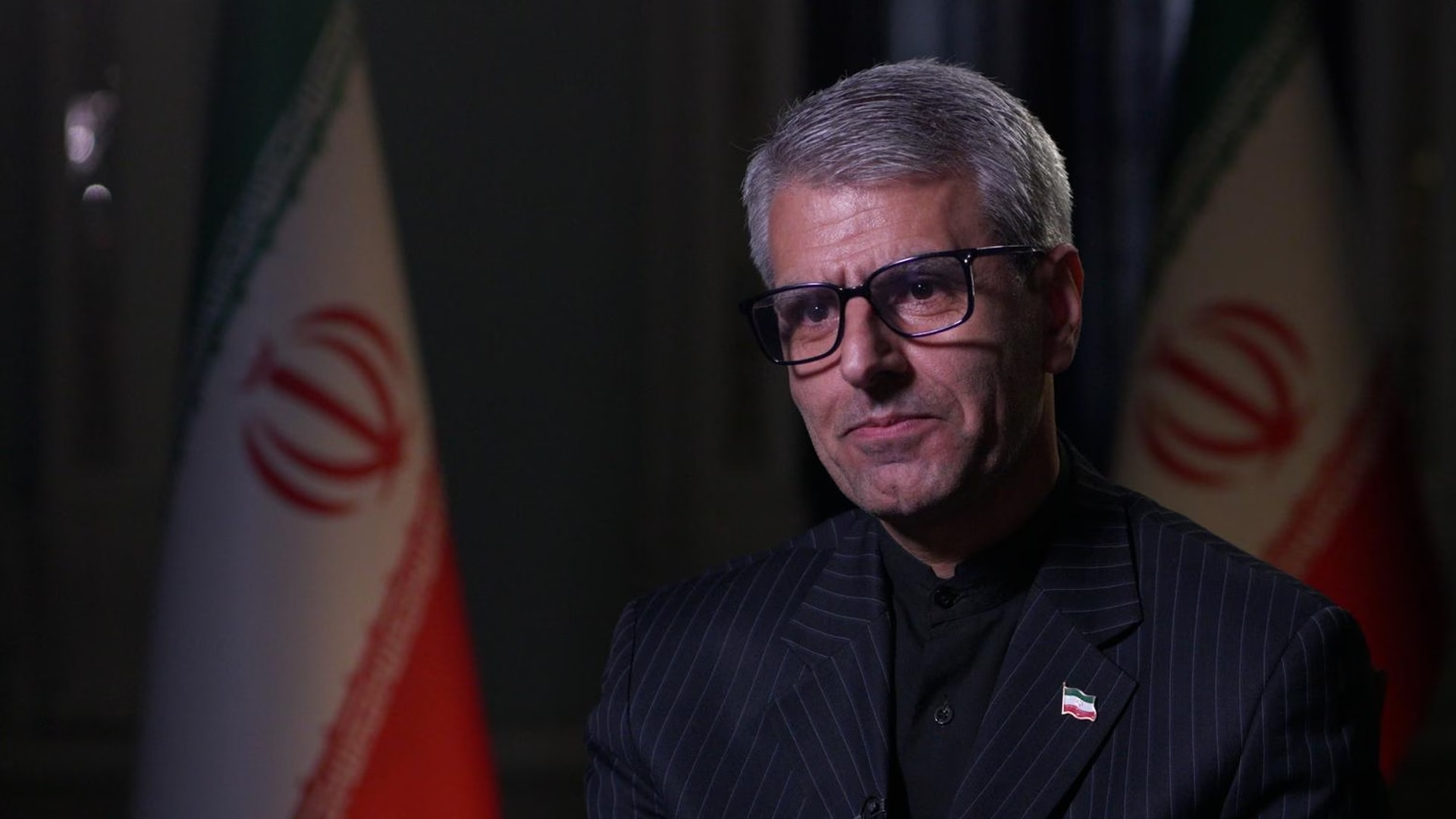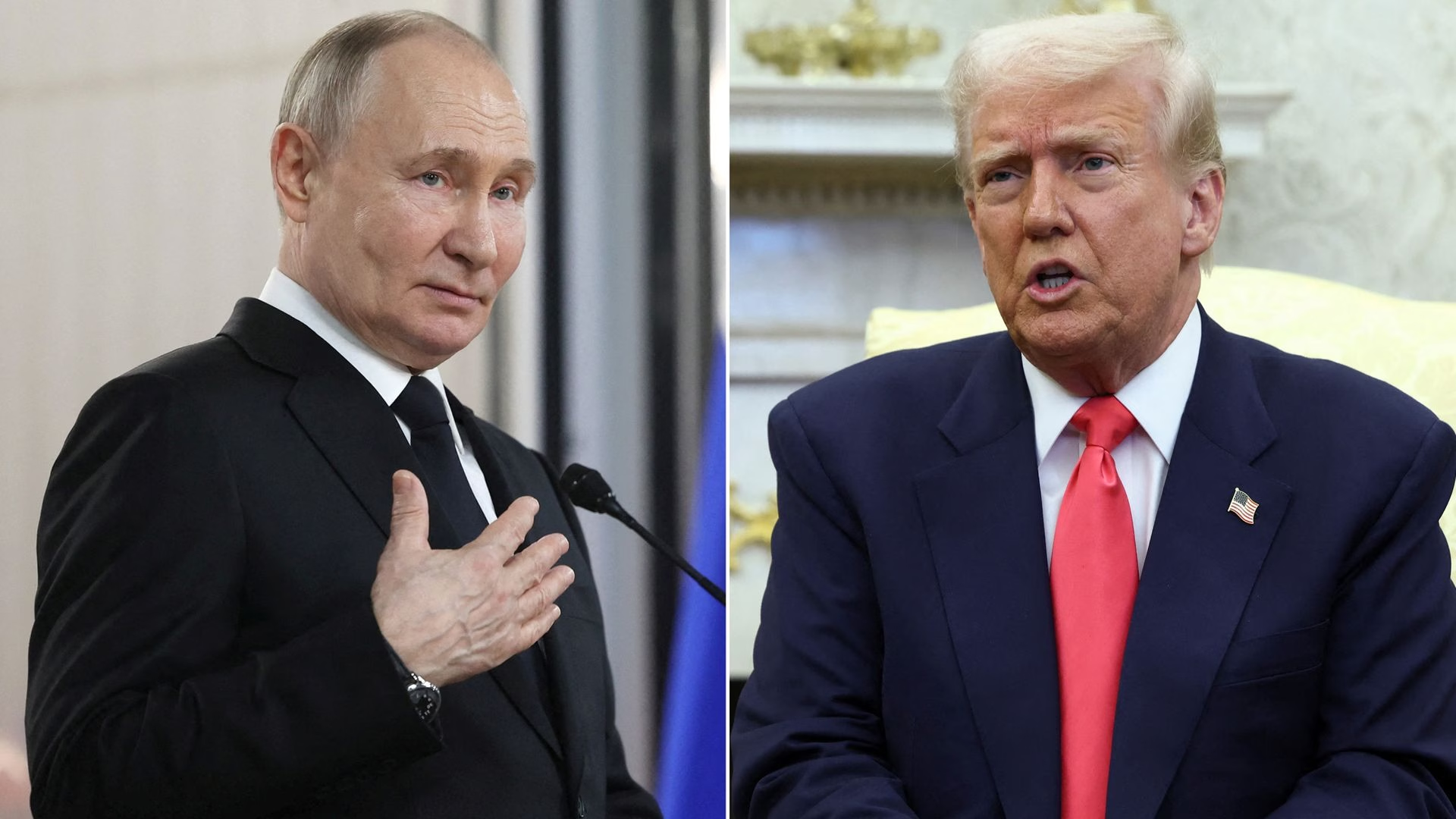
In the days leading up to the papal conclave, which concluded on Thursday with the election of Robert Francis Prevost, 69, as Pope Leo XIV, the editor of Catholic Church specialist news outlet Crux wrote:
“Fundamentally, there are three qualities cardinals look for every time they have to kick the tires on a possible pope. They want a missionary, someone who can put a positive face on the faith; a statesman, someone who can stand on the global stage with the Donald Trumps, Vladimir Putins and Xi Jinpings of the world and hold his own; and a governor, someone who can take control of the Vatican and make the trains run on time, including dealing with its financial crisis.”
list 1 of 4
‘They are looking for a mender’: Catholic cardinals meet to elect next pope
list 2 of 4
What could decide the election of the next pope?
list 3 of 4
What is a conclave? How will next pope be chosen and the challenges ahead
list 4 of 4
Trump faces backlash after posting AI image dressed as pope
end of list
“There’s a solid argument Prevost ticks all three boxes,” John L Allen Jr concluded.
The Vatican’s finances are indeed in a mess and, while Pope Francis made some headway into the thorny issue of stamping out corruption, he did not manage to eliminate the Vatican’s financial deficits. Clearing up the Vatican’s messy finances, therefore, is likely to be a major task ahead for Pope Leo who, helpfully, has a degree in maths.

The Vatican, which controls only its own budget and not that of the Catholic Church in other countries, has limited sources of income. It does not raise taxes or issue debt on which it could earn interest, such as bonds or loans.
Advertisement
Instead, most Vatican revenues come from its vast Italian real estate holdings and pontifical schools or hospitals in Rome. Together, these generated 65 percent of the Holy See’s 770 million euros ($875m) in revenue in 2022, the latest figure available.
That year, roughly 30 percent of revenues came from donations, which have remained relatively stable for the past decade, averaging about 45 million euros ($51m) per year and spiking to 66 million euros ($75m) in 2019.
The remaining 5 percent of the Vatican’s income in 2022 came from the Institute for the Works of Religion, or the Vatican bank, where Catholic organisations and church employees keep their accounts, and from tourism, which declined during the COVID-19 pandemic.
The Vatican hasn’t published a full financial report since 2022. But the last set of accounts – approved in 2024 for auditing purposes – showed an 83-million-euro ($94m) operating deficit, a big jump from the 33-million-euro ($38m) shortfall reported in 2022.
The Vatican’s growing financial problems have been attributed to rising operational costs, including salaries, security and building upkeep. On top of this, there is also a significant deficit within the Holy See’s pension fund.
Why is there a shortfall in the Vatican’s pension fund?
The deficit in the fund was estimated at 631 million euros ($717m) by the Vatican’s Secretariat for the Economy in 2022. There has been no official update to this figure.
In past decades, many workplace pension funds underestimated how long retired employees would be likely to live. In 1960, for instance, Italy’s average life expectancy was 69, compared with 83 in 2022. This means many pension funds have not prepared adequately for the full amount they may have to pay out over a former worker’s actual lifetime and, therefore, have built up significant shortfalls.
Advertisement
It is not clear if the retirement fund for Vatican employees – a defined benefit scheme, which means it promises to pay a set amount of income to retirees regardless of the funds it has – has made adjustments to compensate for longer life expectancies. In November, however, the pope warned it would not be able to meet its liabilities over the medium term.
“The data … indicate a severe prospective imbalance in the fund, the size of which tends to grow over time in the absence of interventions,” Francis said in a letter to the College of Cardinals. “This means that the current system is not able to guarantee in the medium term the fulfilment of the pension obligation for future generations.”
Last year, the pope appointed a new administrator – Cardinal Kevin Farrell, an Irish-American cleric based in Vatican City – and suggested that the pension fund’s operating structure may need to change but didn’t provide details. Funding the shortfall in the pension fund will be tricky. The church is likely to face opposition to using donations, for example, because these are generally made with specific charitable causes in mind.
Why else are the Vatican’s finances in a mess?
After spending nearly 350 million euros ($398m) through a series of complex transactions to acquire a luxurious London property from 2014 to 2018, the Holy See suffered a public backlash.
In an effort to move on from the uproar over this spending, the Vatican sold the building in 2022 at a loss of 140 million euros ($159m). The transaction sparked questions about the Vatican’s opaque finances and eventually led to the corruption trial of Cardinal Angelo Becciu, who had overseen the deal.
Advertisement
The Vatican has been embroiled in other financial scandals as well. The most notorious was the 1982 collapse of Banco Ambrosiano, Italy’s largest private bank at the time, which caused the Vatican about $250m in losses. At the time, the Vatican had close dealings with Roberto Calvi, the bank’s powerful chief.
Calvi’s body was discovered hanging from Blackfriars Bridge in London with his hands tied behind his back shortly before it emerged that he had been party to a scheme to launder money through offshore companies, transfer illegal payments to Italian political parties and fund illegal arms deals.
During World War II, the Vatican was accused of laundering money and gold looted from Jews and other victims of Adolf Hitler’s Nazi regime.
What financial reforms did Francis oversee?
In 2019, Francis spearheaded an anticorruption drive that involved a police raid on the Vatican’s own bureaucracy and resulted in the Secretariat of State being stripped of its investment responsibilities.
In addition to the suspension of five Vatican staff members, the investigation led to the conviction of Cardinal Giovanni Angelo Becciu, once a powerful figure, on multiple counts of embezzlement and fraud.
In the months before he died, the pope expressed particular concern about the Vatican’s finances. In September, he called on cardinals to pursue a “zero deficit” agenda and to improve the Vatican’s use of its economic assets.
Then in October, he ordered the third reduction in three years of Vatican cardinals’ incomes. Several Vatican department chiefs argued against the cuts and pushed back against the pope’s plans to seek outside funding to fix the deficits, two senior officials told the Reuters news agency at the time.
Advertisement
Francis was able to establish some momentum for financial reform. In 2021, the Vatican bank earned the highest possible rating from European watchdog Moneyval for its anti-money-laundering and antiterrorism standards. Ultimately, however, Francis was unable to eliminate the church’s deficits, and his successor will face a formidable financial challenge.
What could the next pope do?
Pope Leo was very much an ally of Francis and may be keen to push on with his reformist agenda, perhaps by downsizing the Vatican’s global diplomatic presence – and therefore one vast expense. It remains to be seen, however, if he will be in favour of such far-reaching reforms as his predecessor and whether he can truly balance the books.
British Caribbean News


